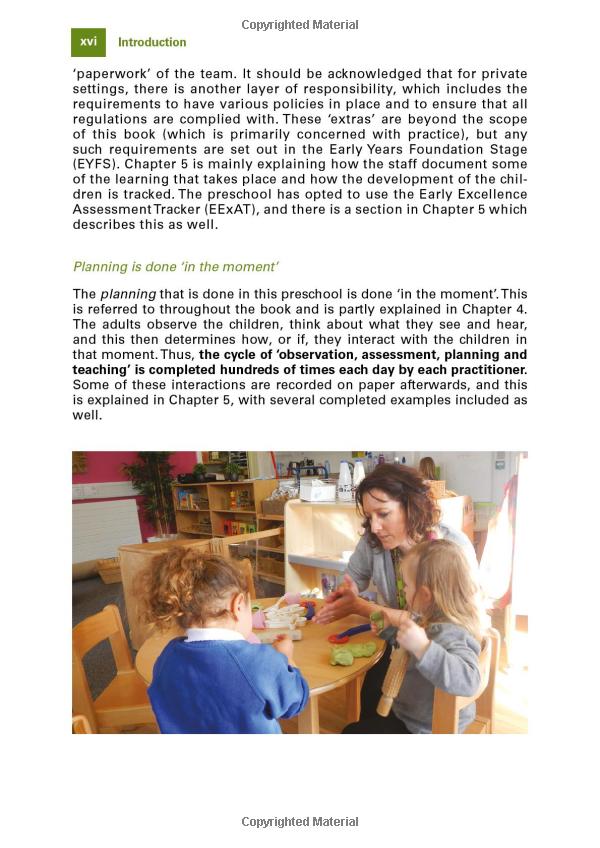Iona and Peter Opie: The Essential Guide to Their Lifework in Childhood Studies
Guide or Summary:Iona and Peter Opie have been pivotal figures in the realm of childhood studies, offering invaluable insights into the development and expe……
Guide or Summary:
- Iona and Peter Opie have been pivotal figures in the realm of childhood studies, offering invaluable insights into the development and experiences of children. Their collaborative efforts have significantly influenced contemporary understandings of childhood, pedagogy, and family dynamics.
- Iona Opie's work is deeply rooted in the study of children's play and the role it plays in their emotional and social development. She has conducted extensive research on how play evolves over time, the importance of unstructured play, and the positive effects of play on children's cognitive abilities. Her findings have underscored the significance of creating environments that encourage imaginative and spontaneous play, thereby supporting children's holistic growth.
- Peter Opie, on the other hand, has focused on the linguistic and communicative aspects of childhood. His research has delved into the ways in which children acquire language, the role of storytelling in language development, and the impact of digital media on children's communication skills. Peter Opie's work has highlighted the critical importance of spoken language in fostering cognitive and social skills, and has emphasized the need for parents and educators to engage in meaningful verbal interactions with children.
Iona and Peter Opie have been pivotal figures in the realm of childhood studies, offering invaluable insights into the development and experiences of children. Their collaborative efforts have significantly influenced contemporary understandings of childhood, pedagogy, and family dynamics.
Iona Opie's work is deeply rooted in the study of children's play and the role it plays in their emotional and social development. She has conducted extensive research on how play evolves over time, the importance of unstructured play, and the positive effects of play on children's cognitive abilities. Her findings have underscored the significance of creating environments that encourage imaginative and spontaneous play, thereby supporting children's holistic growth.
Peter Opie, on the other hand, has focused on the linguistic and communicative aspects of childhood. His research has delved into the ways in which children acquire language, the role of storytelling in language development, and the impact of digital media on children's communication skills. Peter Opie's work has highlighted the critical importance of spoken language in fostering cognitive and social skills, and has emphasized the need for parents and educators to engage in meaningful verbal interactions with children.
Together, Iona and Peter Opie have synthesized a comprehensive understanding of childhood that spans across various domains, including play, language, and social interaction. Their research has provided a foundation for educational practices that prioritize the holistic development of children, emphasizing the importance of nurturing their innate curiosity, creativity, and communicative abilities.

In the era of digital technology and rapidly changing societal norms, the insights gleaned from Iona and Peter Opie's work remain as relevant as ever. Their emphasis on the traditional values of play, storytelling, and verbal interaction serves as a counterbalance to the pervasive influence of screens and digital media in children's lives. By advocating for a more balanced approach to childhood, Iona and Peter Opie have provided a roadmap for parents, educators, and policymakers to create environments that support the natural development of children.
Their work has also highlighted the importance of intergenerational transmission of culture and language. Through their studies, they have shown how children learn not only from their immediate caregivers but also from the broader cultural context in which they grow up. This understanding underscores the significance of preserving and valuing cultural heritage, and the role that grandparents and extended family members play in this transmission.

Moreover, Iona and Peter Opie's research has shed light on the evolving nature of childhood itself. As society continues to change, so too do the experiences and challenges faced by children. Their work encourages a nuanced understanding of childhood that is sensitive to these changes, advocating for adaptive approaches to parenting and education that recognize and respond to the unique needs and experiences of each child.
In conclusion, Iona and Peter Opie's contributions to childhood studies are both profound and far-reaching. Their research has provided a rich tapestry of insights into the multifaceted nature of childhood, offering invaluable guidance for those involved in the care and education of children. By emphasizing the importance of play, language, and cultural transmission, they have highlighted the essential elements that contribute to a fulfilling and well-rounded childhood. Their work continues to inspire and inform contemporary practices in childhood studies, making them indispensable figures in the field.
